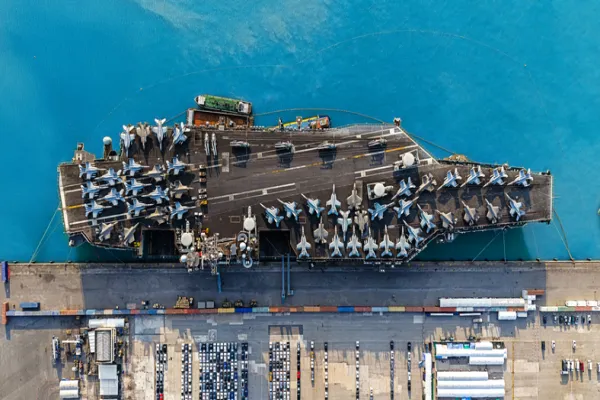So it came as a surprise when Poole's remarks in a March 10 speech in Washington sent the shares of mortgage finance giants Fannie Mae and Freddie Mac -- favorites of many global investors -- tumbling 7 percent and 6 percent, respectively. Although the stocks soon recovered, the volatility underscored investors' continuing nervousness about these government-chartered agencies' real risk tolerance.
A 65-year-old economist with strong monetarist credentials, Poole had merely amplified criticisms voiced by, among others, investor Warren Buffett, Louisiana Republican Congressman Richard Baker and Greenspan himself. Fannie's and Freddie's capital levels, Poole said, are probably sufficient to handle foreseeable, quantifiable risks, but they may not keep the agencies afloat in an extreme crisis, such as a massive stock market crash.
Vastly complicating matters, Poole added, is the "tremendous ambiguity" about the government's responsibility -- or lack thereof -- to come to the rescue of Fannie and Freddie in times of distress. "How big does a financial institution have to be, and does it have to be a depository institution, to be too big to fail?" he pointedly asked.
A Fannie Mae spokesman dismissed Poole's concerns as "nothing new" and said that the agency passes risk management stress tests with ease. Still, the drumbeat continues for reining in the two housing finance institutions.




